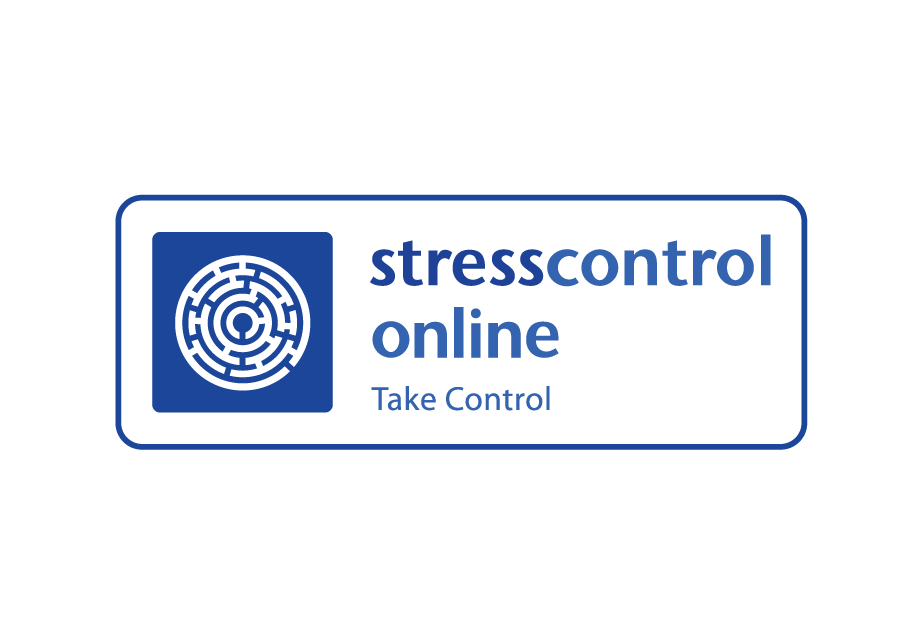What is Stress?
Stress is any uncomfortable emotional experience accompanied by predictable biochemical, physiological, and behavioural changes. Today, stress is one of the most common mental health problems across the world.
In fact, research states that one in every five people experiences high levels of stress.
IS STRESS ALWAYS A BAD THING?
In the right quantity, stress can actually be good for us. When faced with challenges, or with important but unexciting tasks – for example, exams or work deadlines, a certain amount of stress can give us a much-needed boost of motivation that helps us see the task through. It’s when the stress crosses over to an extreme that we need to be careful, as this can result in a number of undesirable physical, emotional, and behavioural health-related consequences.
WHAT CAUSES STRESS?
It’s important to note, that stress is entirely personal. What one person considers exciting or enjoyable, another person may consider highly stressful, and vice versa. What further complicates matters is that we aren’t always aware of what is causing stress within us – it could happen that an otherwise pleasant event, such as a wedding, a new baby in the family, or a new job, is responsible for increases in one’s stress levels.
Situations or life events that we typically find stressful are characterised as being:
-
Change in schools / work hours / working conditions
Change in recreation / social activities
Small mortgage or loan
Change in sleeping /eating habits
Holidays
-
Family arguments
Big mortgage or loan
Change in responsibilities at work
Trouble with boss/ in-laws
Change in living conditions / personal habits
-
Marital reconciliation
Retirement /change of job
Death/serious illness of family member or friend
Pregnancy / new child in the family
Sex difficulties
-
Death of spouse
Divorce or marital separation
Death of close family member
Personal injury or illness
Marriage
Loss of job
Moving house
The extent to which we find life events stressful differs from person to person. However, by and large, stressful life events can be categorised as follows:
HOW CAN I MANAGE STRESS?
Once you have identified that you are stressed, there are several ways of dealing with it. Cognitive Behavioural Therapy, or CBT, is a proven action-oriented approach for managing stress which talks about the strong relationship that exists between our thoughts, behaviours and our emotions. CBT emphasizes the importance of recognising unhelpful and often faulty ways of thinking that affect our feelings and behaviors, and then changing these thoughts, thereby reducing stress.
Are you experiencing difficulty dealing with stress?





